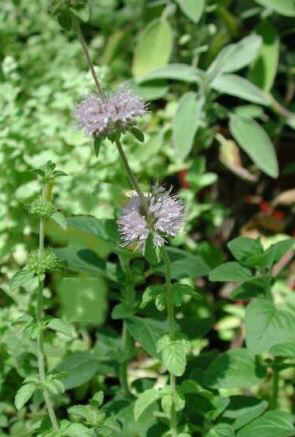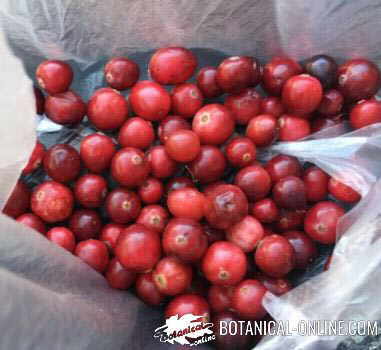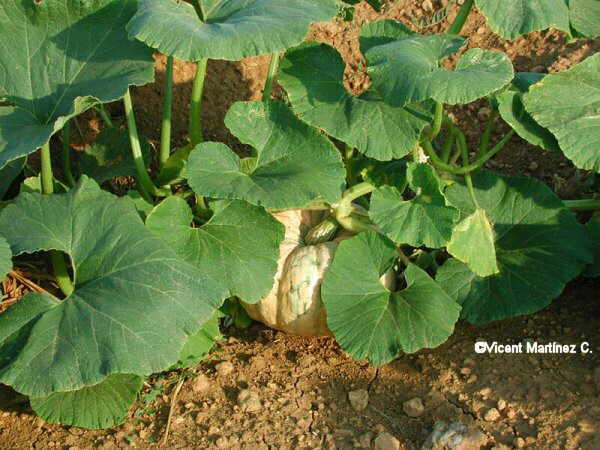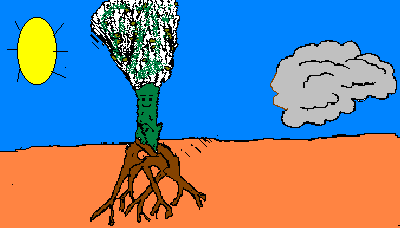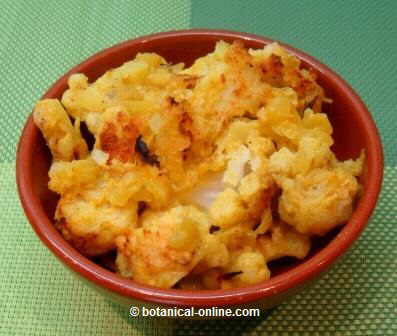Contents
Contraindications of Chenopodium ambrosioides
What is epazote and what contraindications does it have?
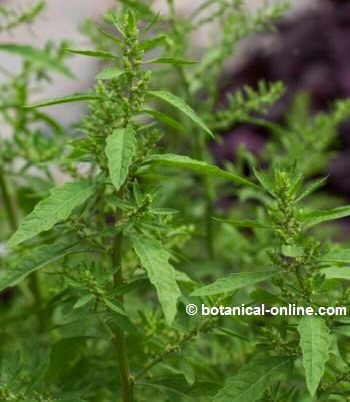
Epazote, Mexican tea, American wormseed or paico (Dysphania ambrosioides = Chenopodium ambrosioides) is a medicinal plant used mainly as a remedy against parasites and intestinal worms that affect both humans and domestic animals.
Used part of the herb
The flowers and seeds of the plant are the medicinal part used, rich in active ingredients (mainly ascaridol) with anthelmintic, vermifuge, antimalarial, anti-inflammatory, analgesic and abortifacient properties.
The leaves contain active ingredients in smaller quantities, and are used as an edible vegetable.
What contraindications does epazote have?
- Epazote should be used in the recommended doses, since in excess it can be toxic (especially the flower and seed part).
- Long treatments with epazote should not be taken since, due to its safrole content, it can produce adverse effects such as intestinal irritation, headache, nausea, vomiting, cardiac disorders or muscle weakness.
- Pregnancy: Epazote infusions are not recommended during pregnancy or breastfeeding because they may cause pregnancy problems. In the past, epazote had been used as an abortive plant.
- Children: Because children weigh less than adults, they can be poisoned with very little amount of herb. For this reason, epazote is not a recommended remedy for children.
- Endometriosis and metrorrhagia: Epazote is an emmenagogue and stimulates vaginal bleeding.
- Epazote oil: It is very toxic and is prohibited as a remedy for internal use. There have been cases of death due to ingestion of epazote essential oil (oil of chenopodium), rich in ascaridol.
- Intestinal diseases: It can cause outbreaks and digestive disorders in people who suffer from Dumping syndrome, inflammatory bowel disease, Crohn’s disease and irritable colon.
- Kidney, heart, liver, pancreas or intestinal problems: The active ingredients of epazote can affect the digestive organs, kidneys and heart, so it should not be ingested in cases of diseases that affect these organs.
- Allergy: People with plant allergy may have adverse reactions to the use of this herb.
Is the use of epazote recommended?
The normal use of epazote in food seems safe, but given its possible toxicity, its use as a remedy is usually replaced by other less toxic herbs.
![]() More information on epazote or Mexican tea
More information on epazote or Mexican tea

